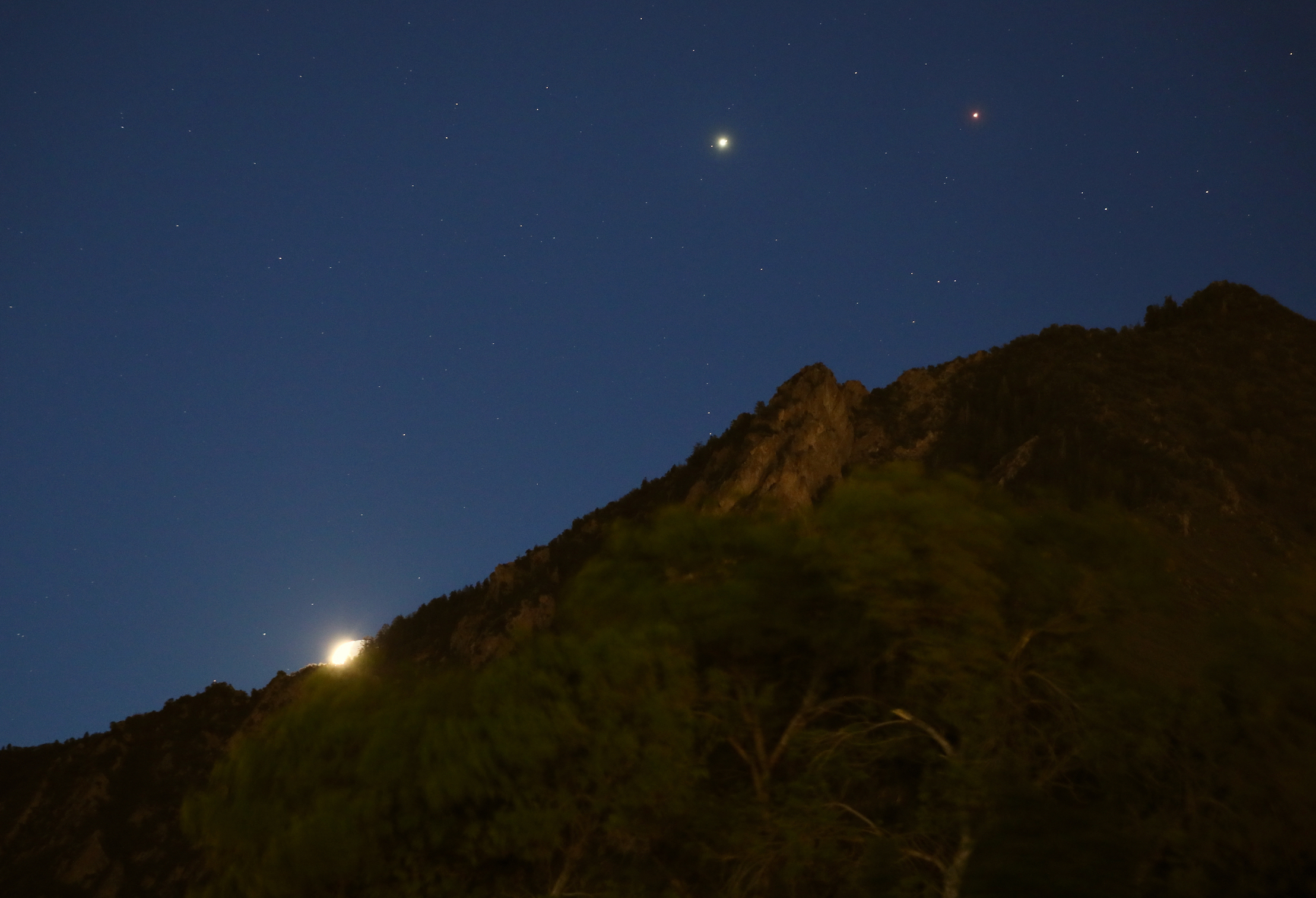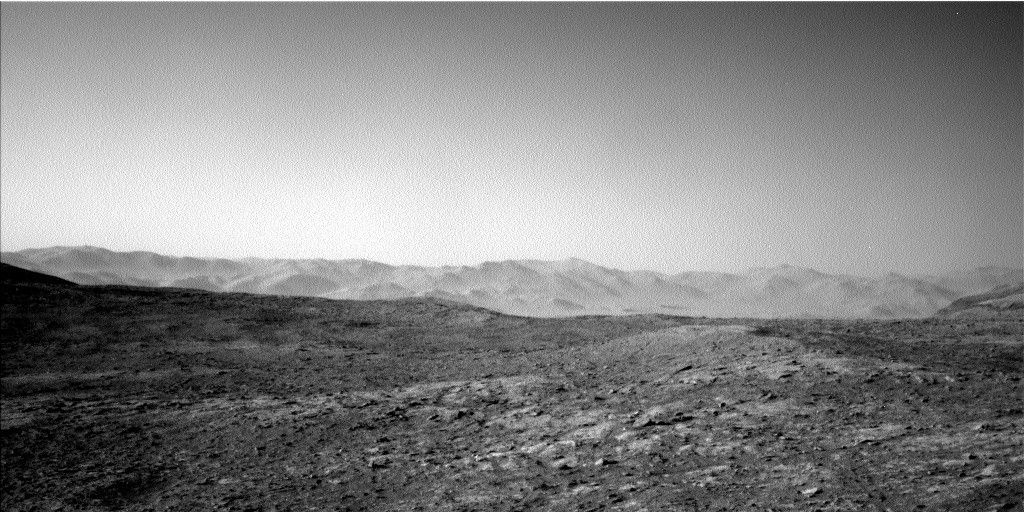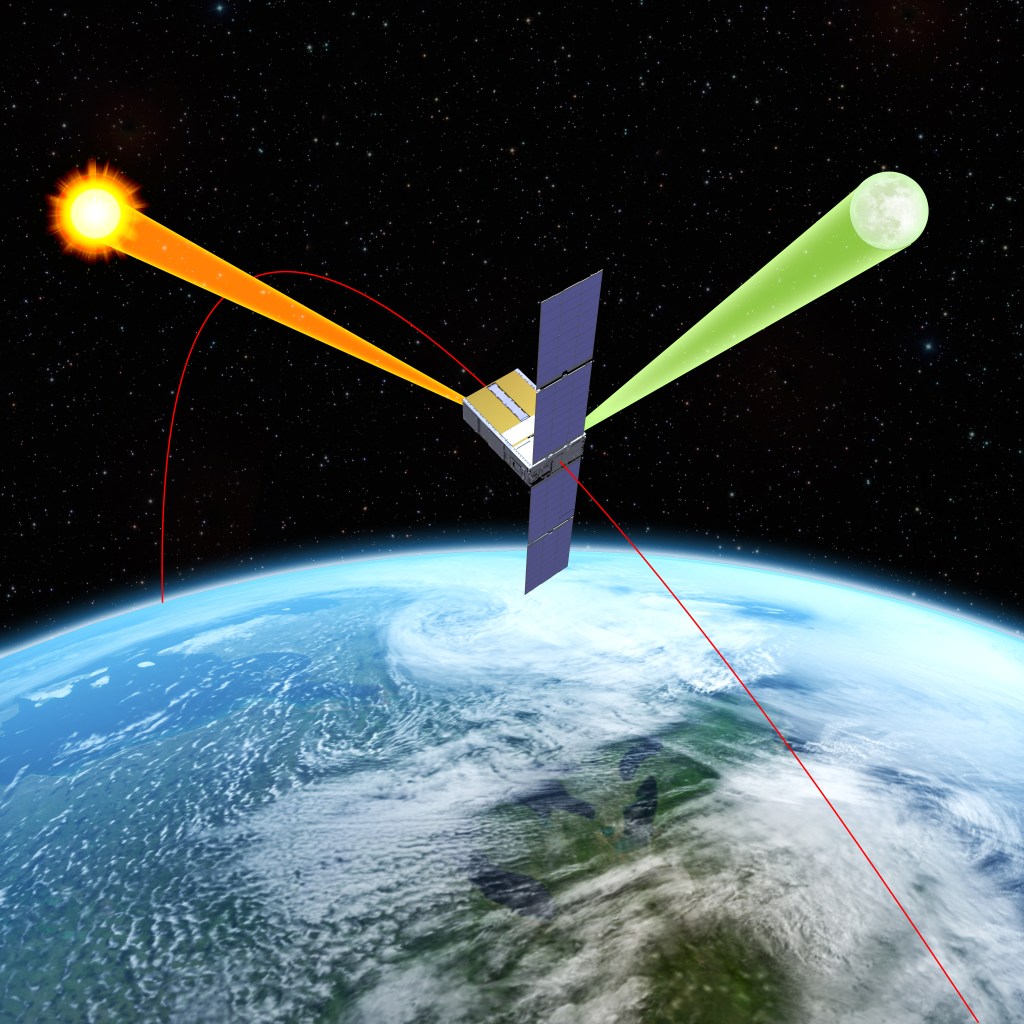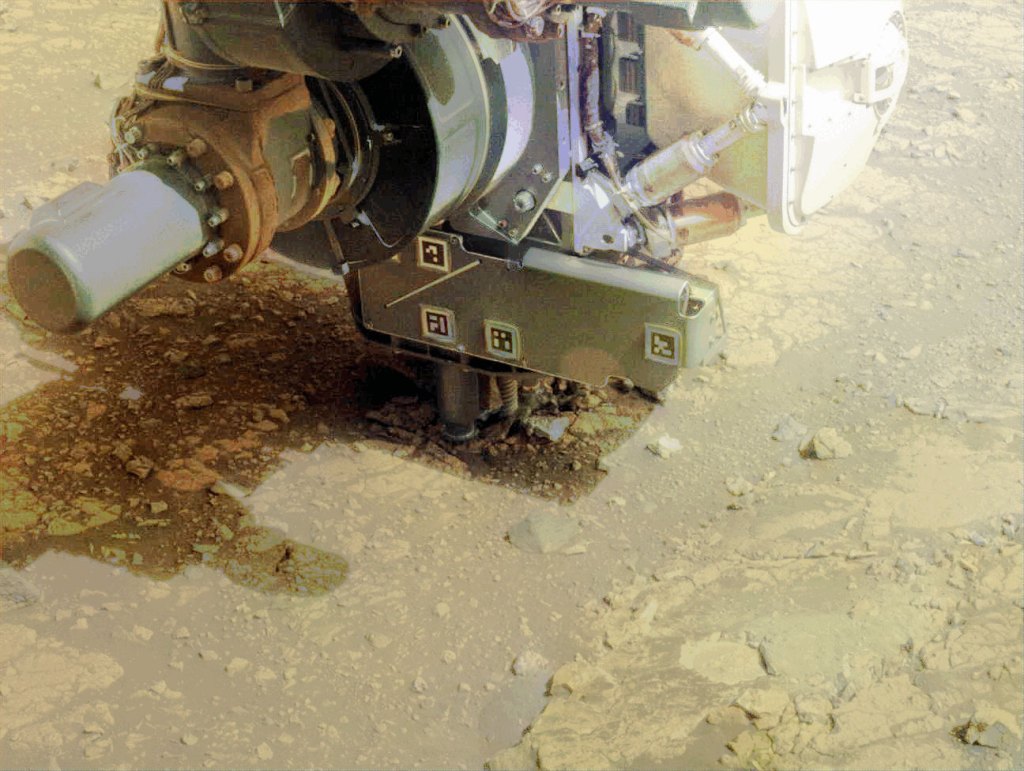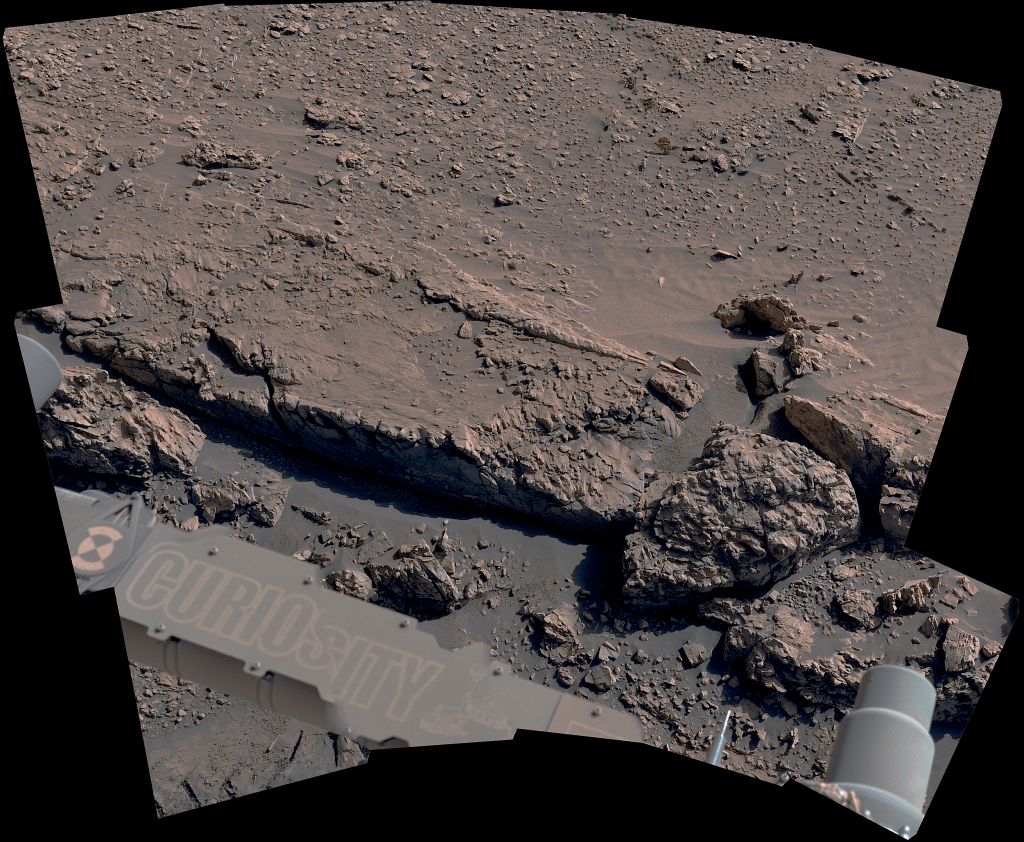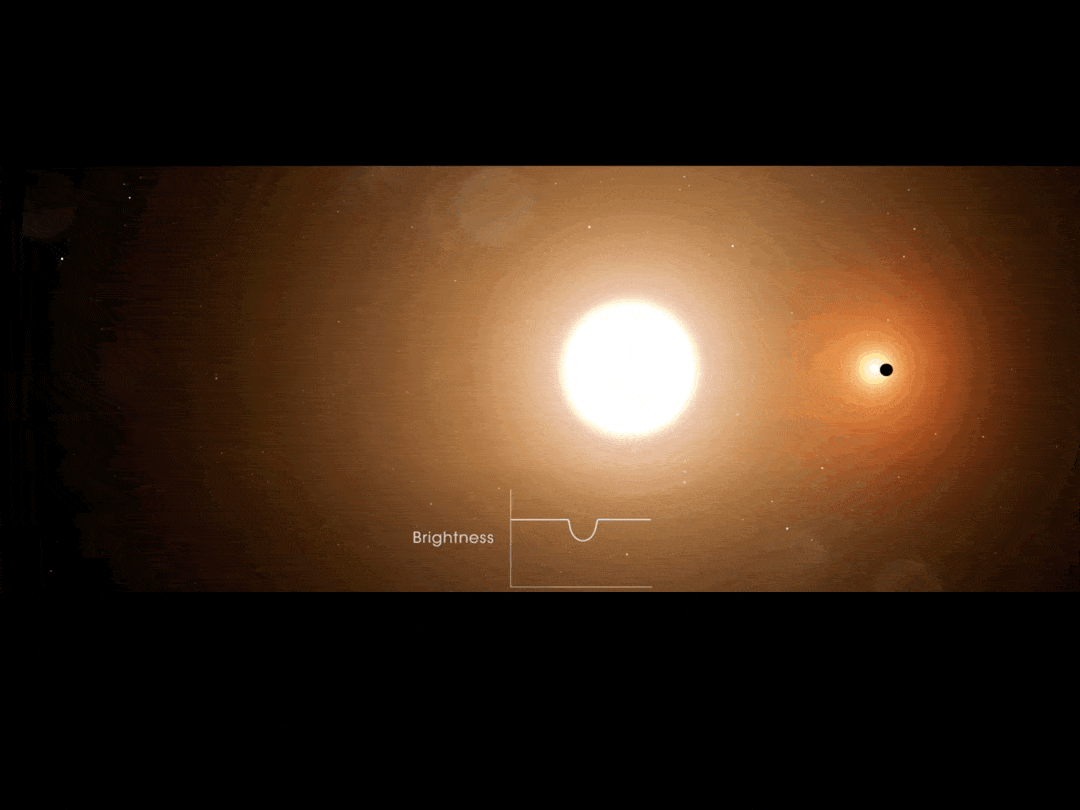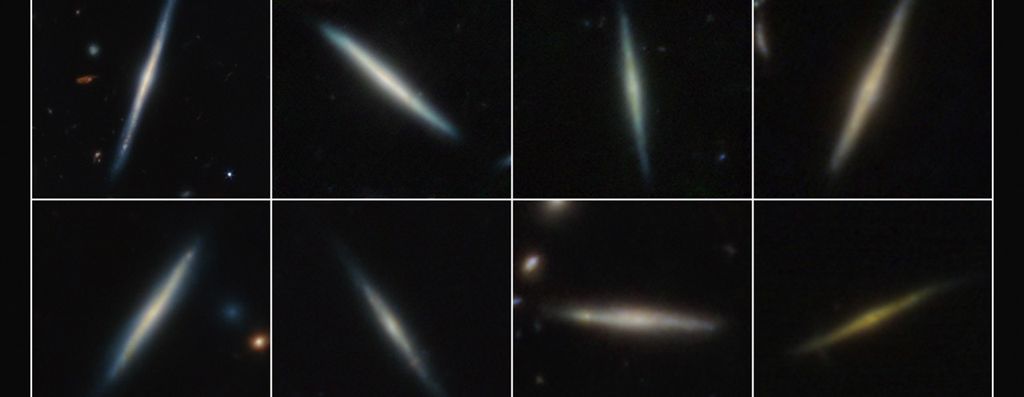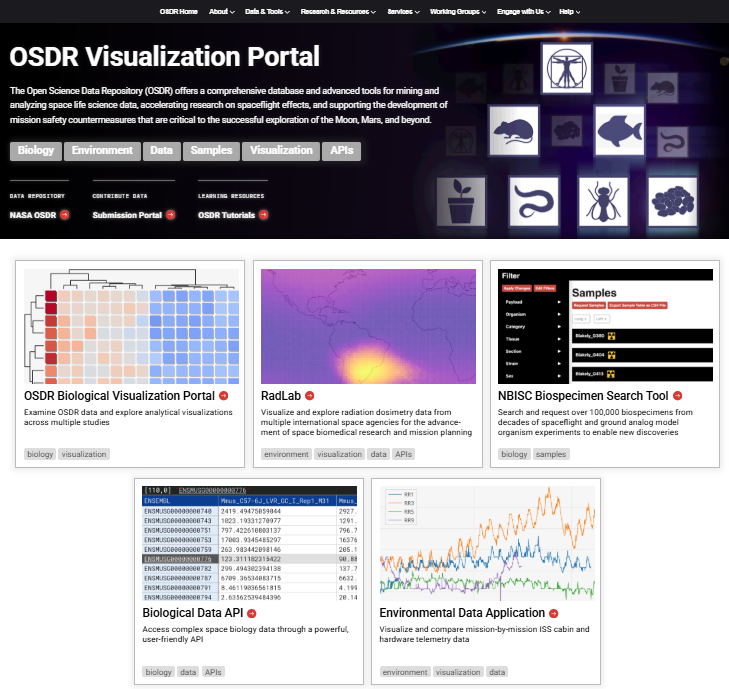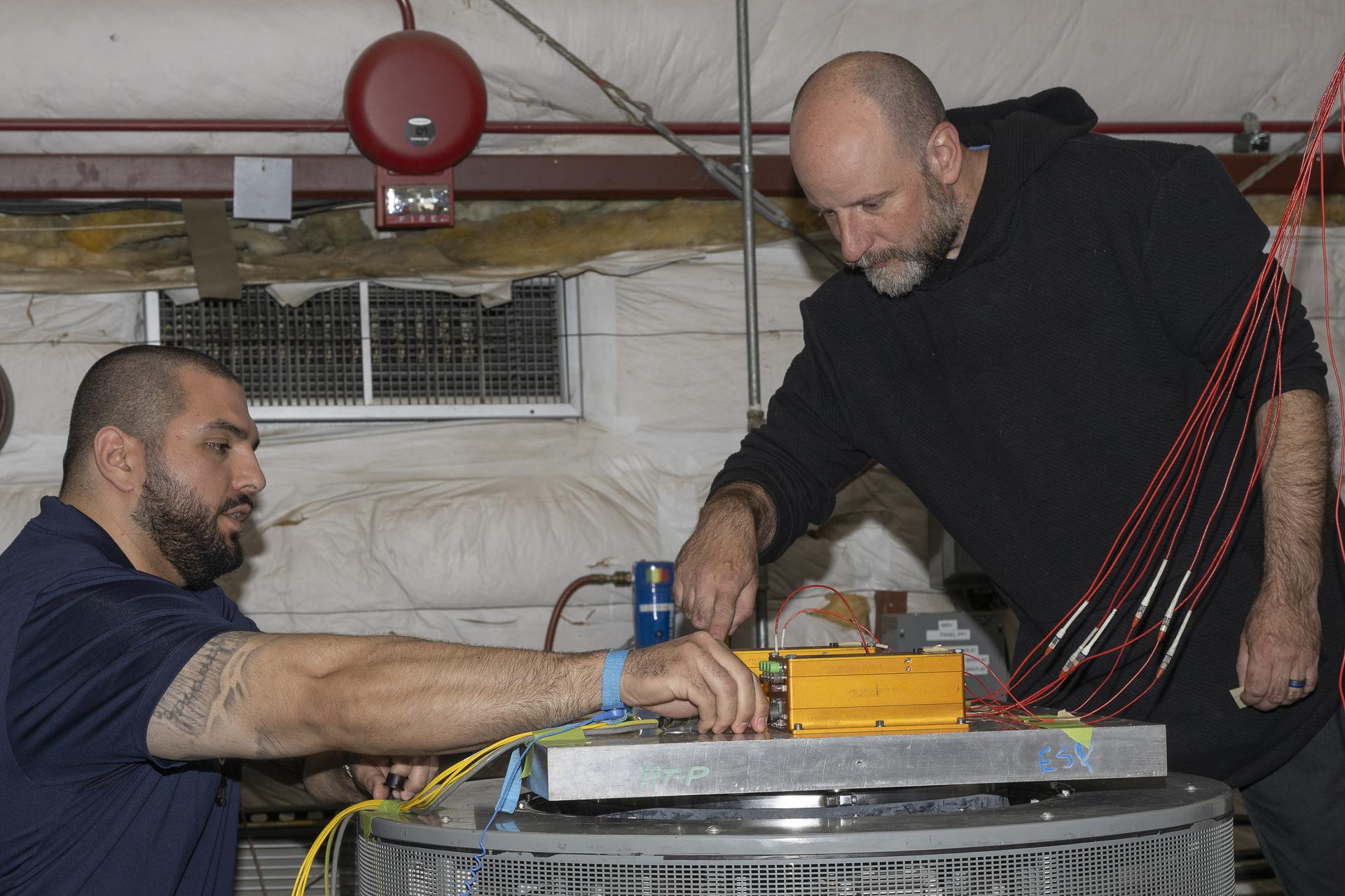Parker Solar Probe
NASA’s Parker Solar Probe launched aboard a ULA Delta IV Heavy rocket
on August 12, 2018, from Space Launch Complex 37 at Cape Canaveral Air Force
Station and will be the first-ever mission to “touch” the Sun.

Overview
The spacecraft will travel directly into the Sun’s atmosphere about 4 million miles from our star’s surface. NASA’s historic Parker Solar Probe mission will revolutionize our understanding of the Sun, where changing conditions can propagate out into the solar system, affecting Earth and other worlds. Parker Solar Probe will travel
closer to the Sun’s surface than any spacecraft before it, facing brutal heat and radiation conditions–and ultimately providing humanity with the closest-ever observations of a star.
On June 9, 2020, NASA’s Parker Solar Probe signaled the success of its fifth close pass by the Sun, called a perihelion, with a radio beacon tone. The spacecraft completed the fifth perihelion flying within 11.6 million miles from the Sun’s surface and reaching a top speed of about 244,225 miles per hour. This sets the record for closest human-made object to the Sun and fastest human made object.
History
NASA’s Parker Solar Probe (PSP) will be the first-ever mission to “touch” the sun. The spacecraft, about the size of a small car, will travel directly into the sun’s atmosphere about 4 million miles from our star’s surface. NASA’s historic PSP mission will revolutionize our understanding of the sun, where changing conditions can propagate out into the solar system, affecting Earth and other worlds. Parker Solar Probe will travel through the sun’s atmosphere, closer to the surface than any spacecraft before it, facing brutal heat and radiation conditions — and ultimately providing humanity with the closest-ever observations of a star.
PSP launched aboard a United Launch Alliance Delta IV-Heavy with Upper Stage from Cape Canaveral Air Force Station at 3:31AM EST on August 12, 2018.



